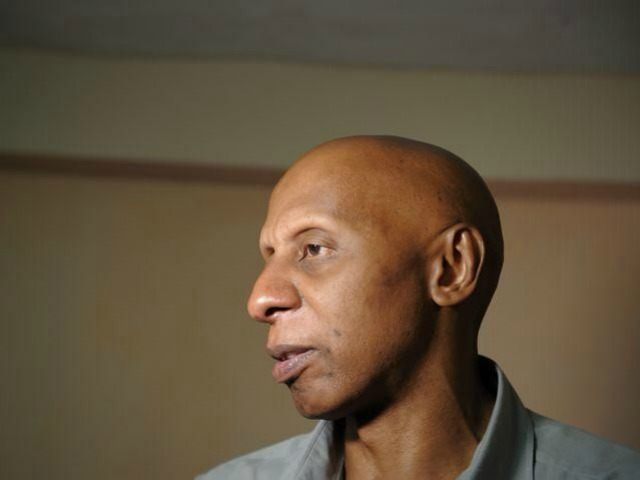Cuban dissident Guillermo Fariñas told Spanish newspaper ABC he will find himself forced to undergo a 25th hunger strike against the communist Castro regime unless the current increase in abusive incidents and oppression ceases.
Fariñas, who has won the European Parliament’s Sakharov Prize for Freedom of Thought for his commitment to protesting a lack of freedom of expression in Cuba, explained that his previous 24 hunger strikes, many while he was a prisoner of conscience, have left him with severe health problems. He takes eleven medications a day to stay alive, he says, and has had to have surgery on his lung to repair damage from lack of nutrition. He can only wear open-toed shoes lest he risk a blood clot.
His last hunger strike lasted 135 days and resulted in the liberation of 50 prisoners of conscience. He says he is now hoping to be ready to do it again, but whether he commits to a hunger strike “depends on them,” speaking of the Castro regime. “There is a level of tolerance. If they cross that line, I will have to return [to hunger strikes].”
Fariñas expects the Castro regime to cross that line, especially given newfound support from the White House. He says the situation in Cuba has changed since President Barack Obama announced major concessions to the Castro regime in exchange for, in the words of Raúl Castro, “nothing.”
“Yes, things have changed,” Fariñas tells ABC. “They have changed for the worse because the repression has hardened.” He says he has received “direct death threats on the part of State Security officials, something they would never dare to do before.”
His opinion has not changed since December, when he told media he considered President Obama’s diplomatic approach “a disaster” and felt “betrayed” by President Obama. “We live in daily fear that we will be killed by the fascist government. And now, the US – our ally – turns its back on us and prefers to sit with our killers,” he said.
On his blog, Fariñas has previously stated that he thinks the Castro regime believes only in perpetuating itself, to the point that Marxism-Leninism has become secondary to maintaining the Castro dynasty. “The question is not to change,” he said of Cuba and the international pressure to open its economy, “but to do so in a way that can be justifiable before Marxism-Leninism they claim to profess.”
“It is all a political marketing operation,” he adds, “through which they assure and repeat publicly, ‘we will never abandon our political principles,’ while in reality they had given up believing in those long ago.”
Since ending his last hunger strike in 2010, Fariñas has been routinely targeted for police harassment. He was arrested almost every Monday of June 2014, for example, and released shortly, only to be arrested once again when publicly associating with other dissidents. That month, he reiterated to American press that he believed President Obama’s concessions to the Castros would result in more oppression. “There has not been a smidgen of change,” he then said, “because the government no longer feels pressured by the United States the way it did before.”
In the most recent wave of mass arrests of dissidents on the island, largely prompted by Pope Francis’ visits to Havana and Santiago de Cuba, dissident groups estimate that up to 300 people were arrested. In one case, State Security dragged a man, Zaqueo Báez, away from Pope Francis for yelling the word “freedom” after receiving a blessing. The incident was captured on video.

COMMENTS
Please let us know if you're having issues with commenting.